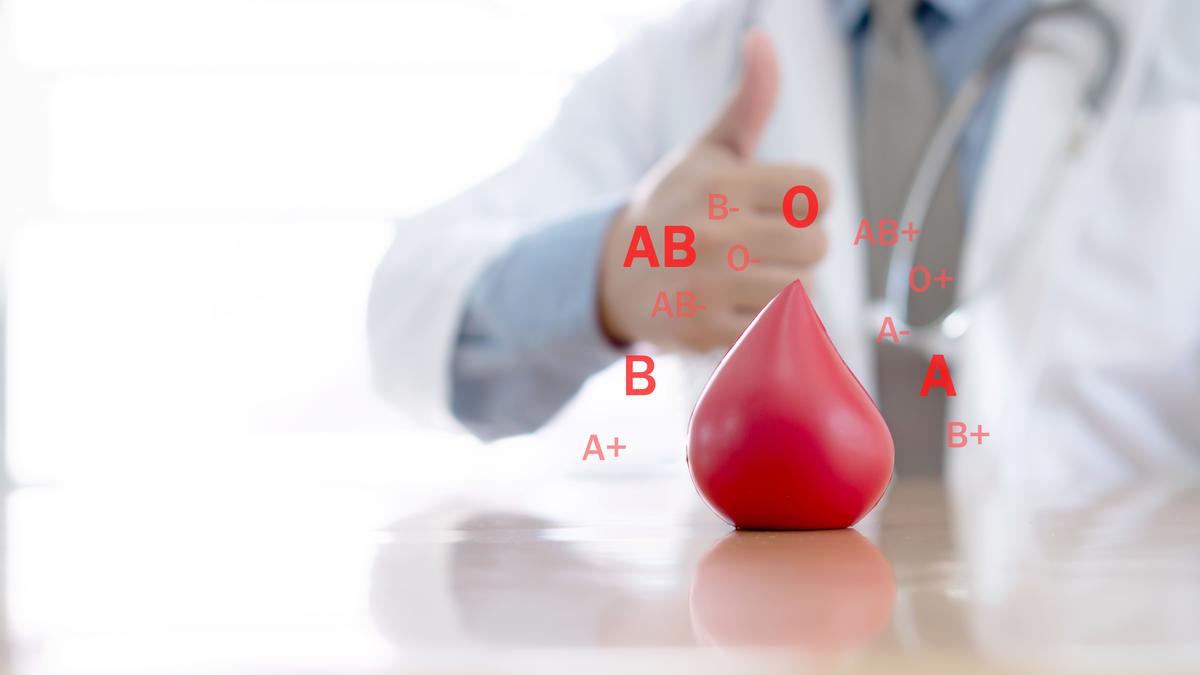
Round peg in a square hole: How doctors pulled off cross-blood transplant in patient with rare Bombay blood group Premium
The Hindu
30-year-old male with rare Bombay blood group receives successful kidney transplant using innovative cross-blood matching technique.
It was in his blood that the 30-year-old male should create history. Literally.
In mid-2024, the patient underwent a kidney transplant. Though he was relatively young for a transplant, that’s not where he stands unique. He had the extremely rare Bombay blood group, which prevented him from receiving organs or even blood transfusions from anyone who didn’t have the same blood group running through their veins.
But then that’s exactly what he did: his mother donated her kidney, though she did not have the Bombay blood group. Doctors at MIOT International in Chennai, who had performed cross-blood transplants for close to two decades, were willing to cross the rubicon into a sector with no precedence whatsoever: no one had attempted a cross-blood match on a Bombay group patient ever before.
In a recent paper published in the peer-reviewed journal Kidney International Reports, the team that worked on the transplant — Rajan Ravichandran, Yashwanth Raj T., and Kanakaraj Arumugam — chronicled for posterity how a team of doctors in Chennai pulled off what not long ago might have been put down as a sheer miracle. “It was impossible for Bombay blood group patients to receive blood or organs from another blood group, until it was not,” senior nephrologist Dr. Ravichandran explained.
The story he believes begins nearly two decades ago, when he was trained in Japan to perform cross-blood transplants, referring to the transplantation performed when donors and recipients have different blood types. In 2010, he and his team at MIOT Hospitals used a kidney from a donor with B blood group on a recipient with O blood group, successfully. Using a special procedure called double filtration plasmapheresis (DFPP) developed by the Japanese, the team had the patient discharged in a week and back at his software job in three months’ time.
“The most essential requirement in transplantation is a blood group match — ideally, the patient’s own blood group, or in the event it is not available any group for which his blood does not carry antibodies,” Dr. Ravichandran explained.
Antibodies are used by the body to detect and neutralise foreign bodies while antigens are proteins or carbohydrates found on the surface of red blood cells, white blood cells, and platelets, and they determine blood type.

Thomas Jefferson and Abraham Lincoln are two of the greatest presidents that the U.S. has seen. You probably know that already. But did you know that Jefferson made what is considered the first contribution to American vertebrate paleontology? Or that Lincoln is the only U.S. president to receive a patent? What’s more, both their contributions have March 10 in common… 52 years apart. A.S.Ganesh hands you the details…












